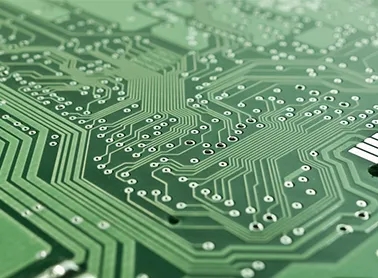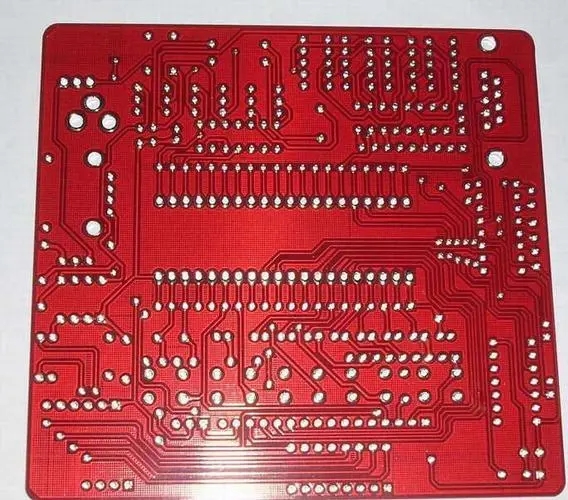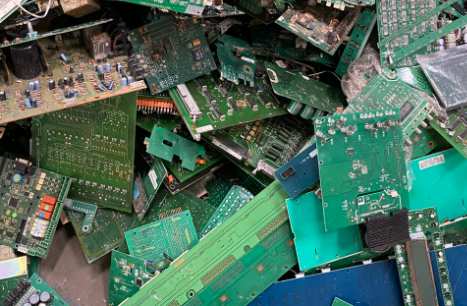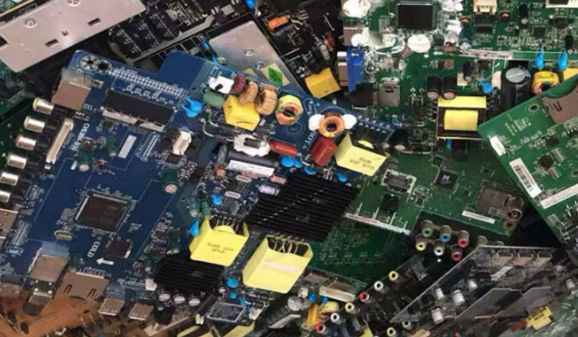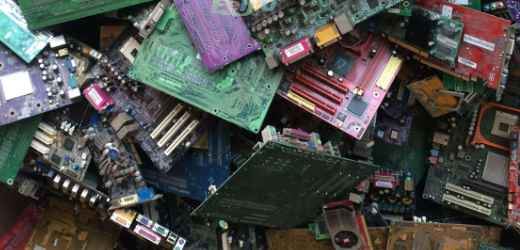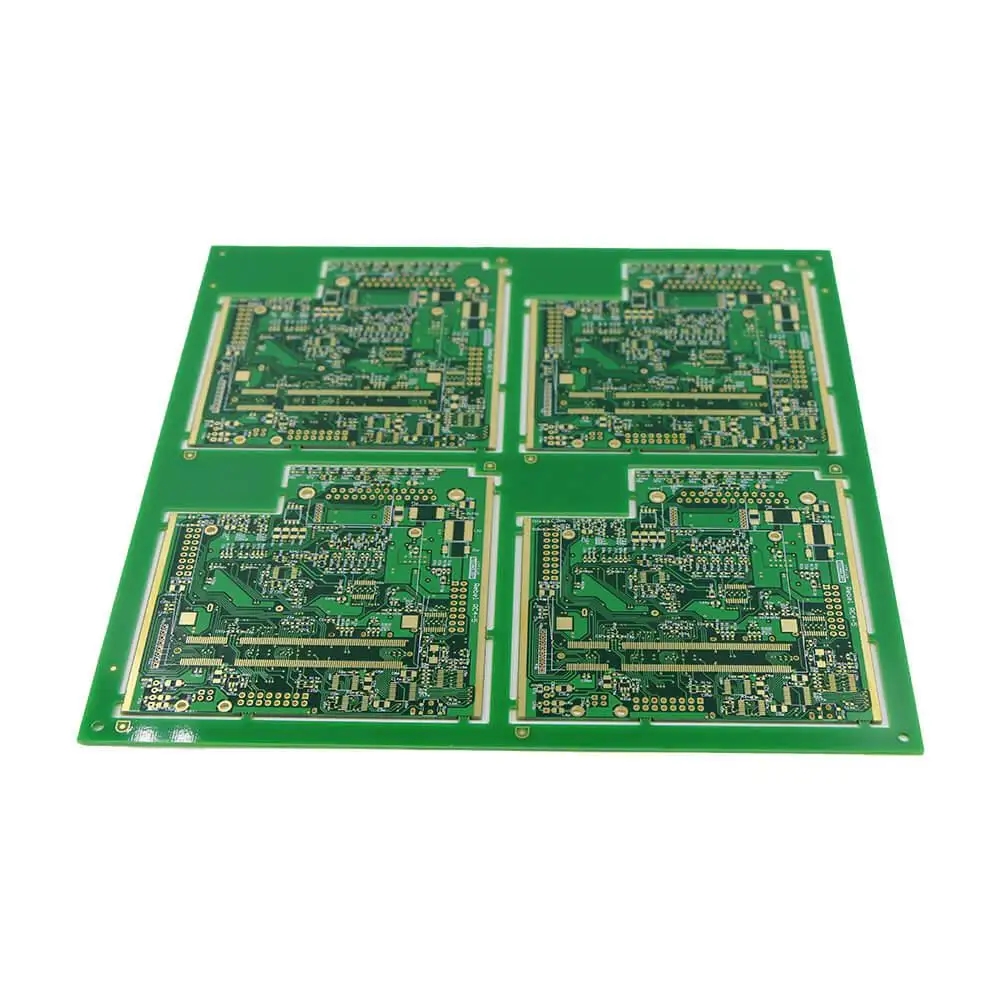
Material Selection of Multilayer High Frequency Hybrid PCB
PCB manufacturing, PCB design and PCBA processing manufacturers explain the selection of multi-layer high-frequency hybrid PCB materials
The combination of FR4 and hydrocarbon materials generally has only a few process problems. It is mainly reflected in hole rotation and lamination. In order to turn holes on this laminated structure, it is usually necessary to use experimental design to establish a suitable feed/velocity model. The lamination problem is mainly caused by the great difference between the compression curve of FR4 semi cured sheet and that of high-frequency material. In order to ensure the reliability of the plate, some methods can be considered and selected when FR4 and hydrocarbon prepreg are used.
One of the methods is to replace FR4 prepreg with high-frequency prepreg and select the appropriate pressing curve. The price of high-frequency prepreg is cheaper than that of high-frequency substrate. If all the prepreg are made of the same material, the cycle of multi-layer high-frequency hybrid PCB will be relatively simple. If FR4 prepreg cannot be replaced, it must be laminated in sequence. Put the lamination cycle curve of FR4 prepreg in the first place, and the lamination cycle curve of high-frequency materials in the back.

Using FR4 and high-frequency PTFE circuit materials to form multilayer high-frequency hybrid PCB will generally face more challenges. However, there are some exceptions. Because there are some kinds of PTFE based materials whose circuit manufacturing process is simpler than other PTFE materials. Although the circuit manufacturing process of PTFE substrate materials with ceramics is less considered than that of pure PTFE substrate materials, hole rotation, PTH treatment and dimensional stability are several matters that must be considered.
PTFE is mainly considered when turning holes with PTH, which is softer than FR4. When the hole turning tool passes through the joint surface of soft and hard materials, the soft materials will be stretched for a certain length on the hole wall of PTH. This can lead to a very serious reliability problem. In general, through experimental design and research on the life of the hole turning tool, the correct feed and hole turning speed can be obtained. In many cases, this will not happen when the hole turning tool is first used. Therefore, the impact of this problem can be minimized by controlling the life of the hole turning tool.
Attention should be paid to the electroplating treatment of PTH holes of two types of materials. Plasma loops may require two different loops or a loop containing different phases. FR4 material is processed in the first Plasma cycle and PTFE material is processed in the second Plasma cycle. Generally, CF4-N2-O2 gas is used for the Plasma process of FR4, and helium or hydrazine gas is used for PTFE. In order to improve the wet solubility of the through hole wall, it is recommended to use helium to treat PTFE materials. If the wet process preparation is used in PTH treatment, first treat the FR4 material with potassium permanganate, and then treat the PTFE material with sodium naphthalene.
Dimensional stability, or scaling, is also a problem faced by PTFE and FR4 hybrid materials (multilayer high-frequency hybrid PCB). The occurrence of PTFE can be reduced by reducing the mechanical pressure on the PTFE material as much as possible. Hard scrubbing of the material is not recommended as it increases the random mechanical pressure on the material. It is suggested to use chemical cleaning process to prepare for the subsequent copper treatment process. The thicker PTFE material, the less problem of its dimensional stability. PTFE material added with glass woven fabric will have better dimensional stability.
In a word, the manufacturing of multilayer high-frequency hybrid PCB composed of FR4 and high-frequency materials will have a few compatibility problems. However, some key points in the circuit manufacturing process need special treatment. PCB manufacturers, PCB designers and PCBA manufacturers will explain the selection of multi-layer high-frequency hybrid PCB materials.


